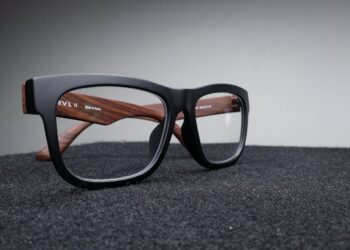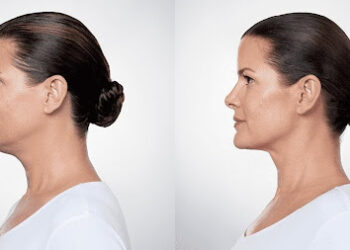Medical professionals, especially nurses, are on their feet for most of their working hours. Wearing the right medical shoes is crucial for comfort, workplace safety and preventing accidents or injuries. Further, healthcare professionals are often exposed to bodily fluids and blood. Wearing the right nurse shoes that keep the feet covered can prevent these bodily fluids from coming into contact with the skin, ensuring protection from diseases that may be transmitted via contact with blood and other bodily fluids.
Medical shoes are specially constructed, taking all these facts into account. When picking a pair of medical shoes to wear to work, you may want to consider several aspects to ensure your shoes keep you comfortable and allow you to perform your daily duties without any hassle. Here’s what you need to remember if you’re looking for the right nurse shoes for medical professionals.
Choose A Lightweight Pair of Shoes
Medical professionals spend a lot of time standing and walking. Buying a pair of shoes that don’t weigh your feet down is extremely important. Therefore, look for nurse shoes that are crafted from breathable materials. Materials such as mesh tops and synthetic fabrics are ideal choices. Shoes made from breathable materials also prevent sweating while offering flexibility. Ultimately, lightweight shoes help reduce fatigue despite long work hours and offer your feet the support they need.
Ensure The Shoes Fit You Properly
Wearing nurse shoes that don’t fit your feet may hamper your ability to walk swiftly or cause foot problems. Proper toe movement allows us to move freely without experiencing foot aches or fatigue when working long hours. The key is to ensure the toe box offers enough room to accommodate your toes. If your feet are wider, make it a point to check if the shoes are constructed to have enough space for your toes to avoid straining them. Additionally, while the toe box should be roomy, it should not compromise the fit around your heel and ankle.
Prioritize Slip-Resistance
Whether it is the insole or outsole of your shoes, both these elements should be slip-resistant to offer safety as you walk. Given the nature of work in the healthcare industry, slips and trips are frequent mishaps that can be avoided when you invest in the right shoes. You can prevent or minimize such mishaps by choosing nurse shoes with outsoles that offer good traction even on slippery surfaces. Further, ensure the insoles do not accumulate sweat, as this can reduce the friction between your feet and the insole, interfering with your movement. In addition to slip resistance, it is also crucial that nurse shoes are well-cushioned to offer excellent stability and reduce impact on your feet.
Look for Adequate Ankle Support
Sudden movements often cause ankle injuries that may or may not be serious. The best way to avoid such injuries is to invest in a pair of nurse shoes with impeccable ankle support. One way to identify whether the shoes you plan to buy offer ankle support is to check if they have ankle straps. You can also look for shoes with a high cut to keep your ankles secure. With adequate ankle support, you can ensure you walk with stability without worrying about ankle injuries such as sprains or twisting of the ankle.
Replacing Worn-Off Shoes
Wearing worn-off shoes is just as ineffective and problematic as wearing a pair of ill-fitted shoes. Knowing when to invest in a new pair of nurse shoes is as critical to ensuring workplace safety as buying the right pair. No matter how durable a pair of shoes is, it will lose its traction, slip resistance, and overall integrity with time. When you don’t switch to new shoes, as this happens, you risk discomfort and challenging your safety at work. Therefore, when you notice the cushioning of the soles of your shoes wear off, the outsoles losing their anti-slip features, and the soles feeling less supportive, it is time for you to change your shoes.
Considering the aspects mentioned earlier will help you find the right nurse shoes to make your work as a healthcare professional more manageable and more convenient. You might want to buy two or three pairs of nurse shoes and rotate them to maintain them well without any odor or bacterial buildup.
In addition to buying the right nurse shoes, healthcare professionals should also take proper care of their feet to prevent chronic foot problems in the future. Washing your feet after work and keeping them dry is imperative to maintaining hygiene. Further, using compression socks for better blood circulation can prevent inflammation. If you experience frequent aches or discomfort, visit a podiatrist and determine remedies to alleviate such issues.







